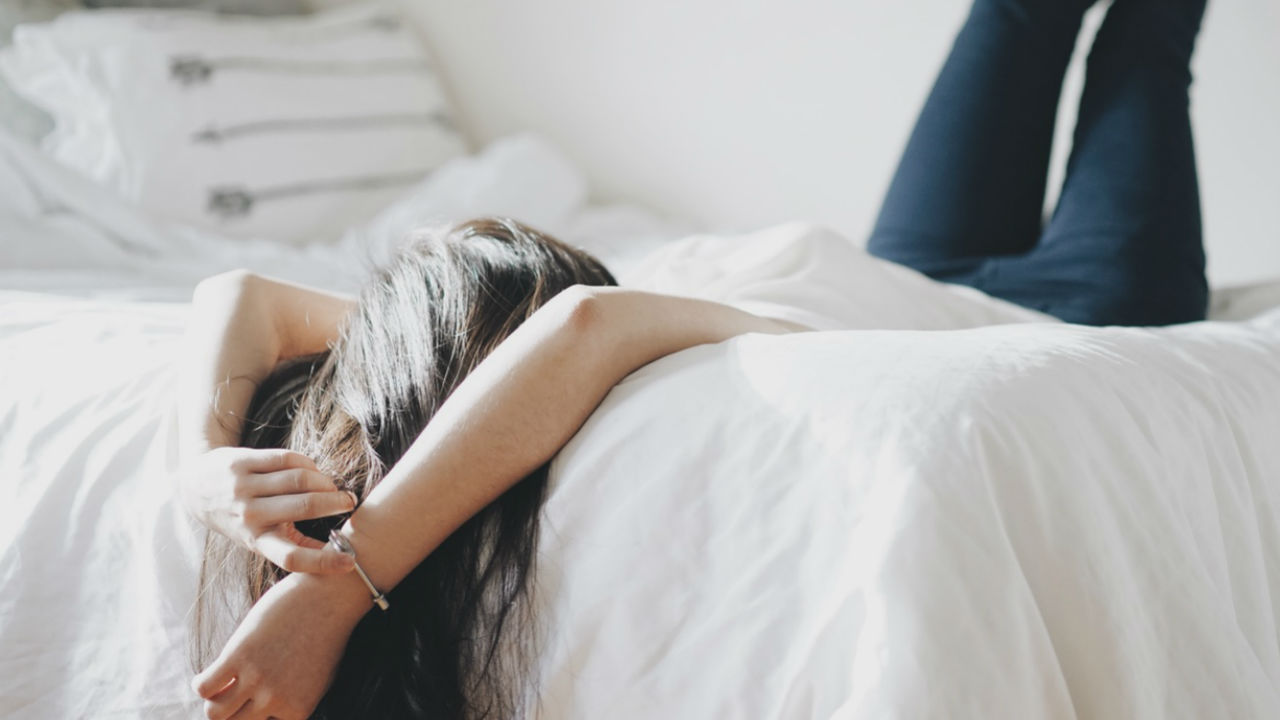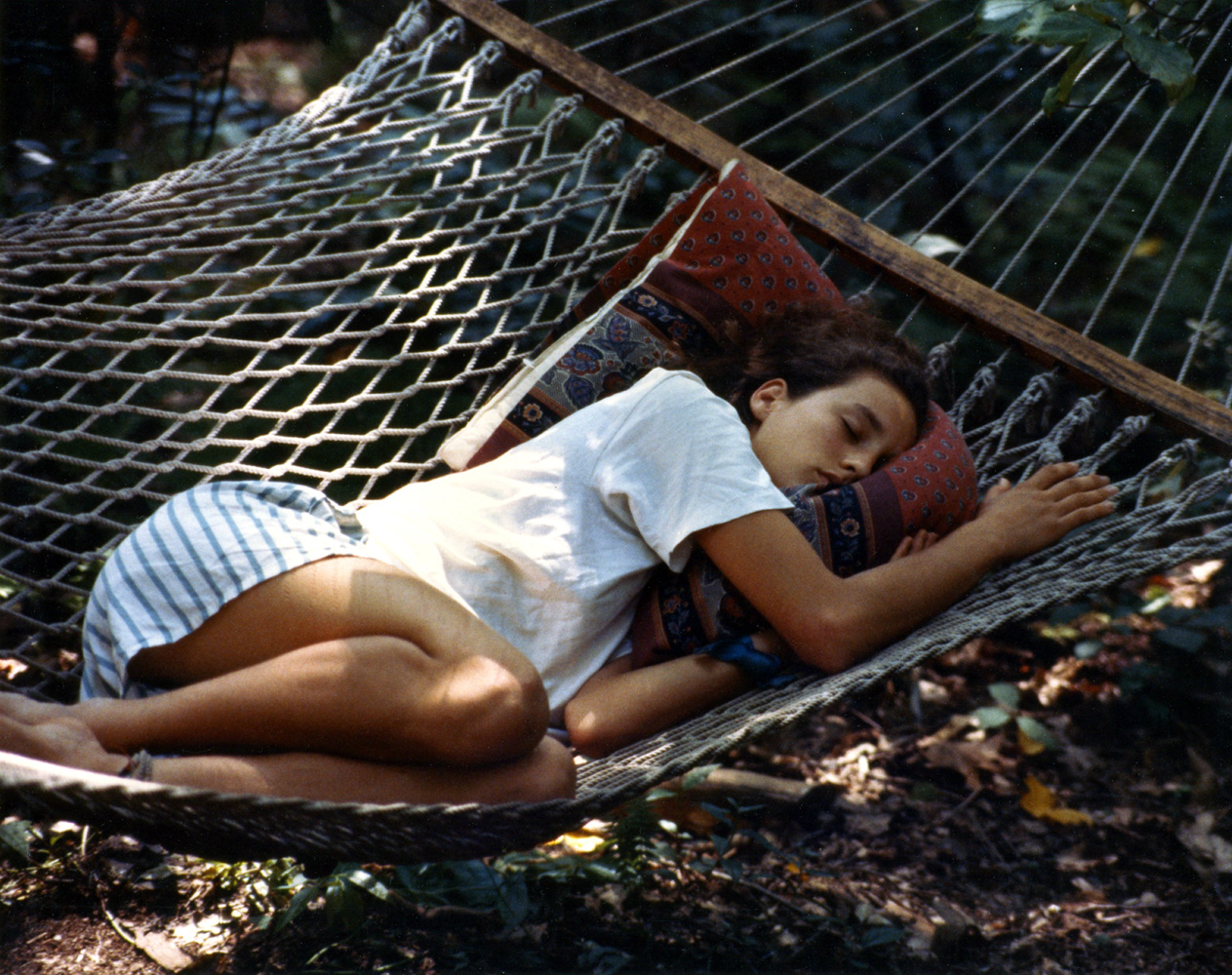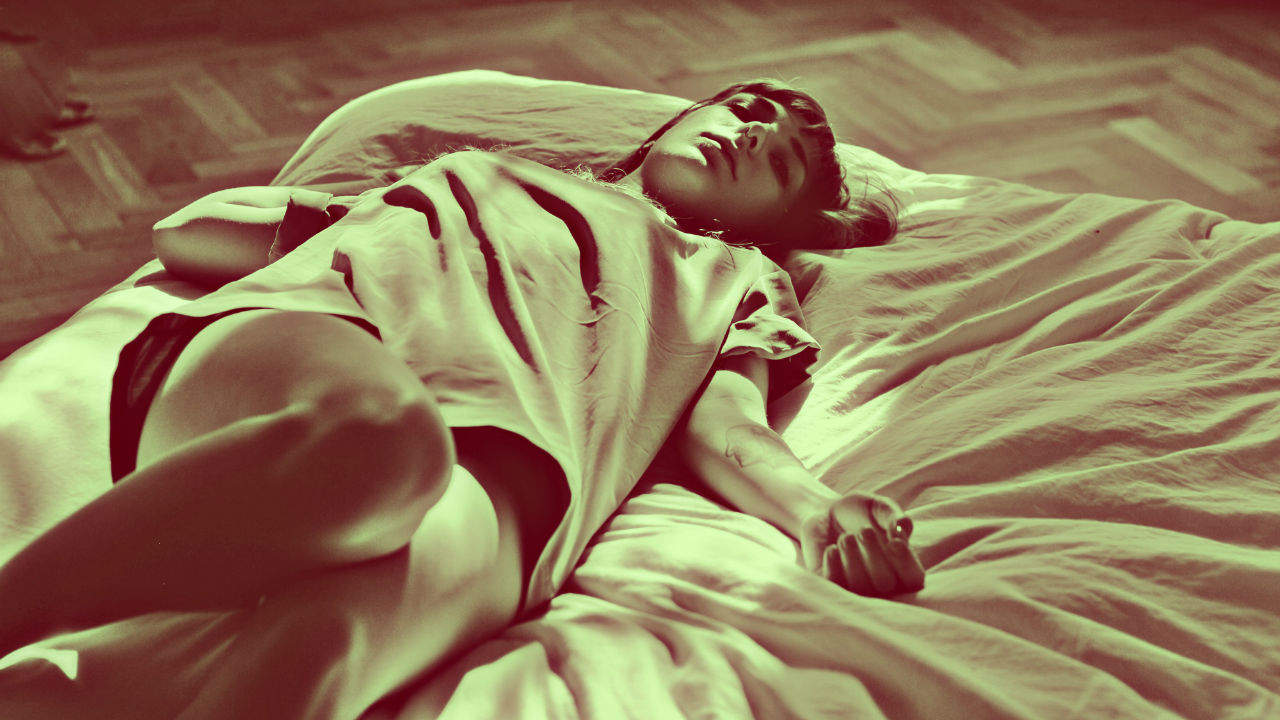I have used Melatonin from time to time to help my sleep. Some have cautioned me from using it too frequently as my brain may cut short the production of my own melatonin. A new report based on an analysis of the available scientific evidence has found that melatonin supplements appear to be safe for short-term use and may have limited benefits for people with certain sleep problems. The authors (scientists at the University of Alberta, Canada) noted that more research is necessary to confirm these conclusions. In its natural form, melatonin is a hormone believed to help regulate the body's sleep cycle; many people try melatonin supplements to self-treat sleep disorders. The report, produced by the Agency for Healthcare Research and Quality and funded and requested by NCCAM, is available at www.ahrq.gov/clinic/epcsums/melatsum.htm or by calling toll-free 1-800-358-9295.
What are your thoughts on using Melatonin to help improve sleep?
All user-generated information on this site is the opinion of its author only and is not a substitute for medical advice or treatment for any medical conditions. Members and guests are responsible for their own posts and the potential consequences of those posts detailed in our Terms of Service.




Add a Comment1 Comments
I also have used it from time to time to help me sleep, but not very often. When I do, it works well, though I tend to have more vivid dreams and find it harder to wake up in the morning (though I attribute the latter to being a little sleep-deprived anyway).
Made me curious, so I went looking for an explainer on exactly what melatonin is:
"Melatonin is a natural hormone made by your body's pineal gland. This is a pea-sized gland located just above the middle of the brain. During the day the pineal is inactive. When the sun goes down and darkness occurs, the pineal is "turned on" and begins to actively produce melatonin, which is released into the blood. Usually, this occurs around 9 pm. As a result, melatonin levels in the blood rise sharply and you begin to feel less alert. Sleep becomes more inviting. Melatonin levels in the blood stay elevated for about 12 hours - all through the night - before the light of a new day when they fall back to low daytime levels by about 9 am. Daytime levels of melatonin are barely detectable.
"Besides adjusting the timing of the clock, bright light has another effect. It directly inhibits the release of melatonin. That is why melatonin is sometimes called the "Dracula of hormones" - it only comes out in the dark. Even if the pineal gland is switched "on" by the clock, it will not produce melatonin unless the person is in a dimly lit environment. In addition to sunlight, artificial indoor lighting can be bright enough to prevent the release of melatonin.
"The amount of melatonin released at night varies among individuals, but it is somewhat related to age. Children on average secrete more melatonin than adults, which decreases further with age. However, research has shown that older people with sleep problems do not always have lower melatonin levels than people who experience normal sleep."
That's from the National Sleep Foundation:
http://www.sleepfoundation.org/site/c.huIXKjM0IxF/b.2421201/k.5FF7/Melatonin__The_Basic_Facts.htm
I also came across this, which interested me because I have ADD:
http://addadhdadvances.com/melatonin.html
And it is good to know that it does have some drug interactions:
Antidepressant Medications
Antipsychotic Medications: many of these medications are now being used in treating children with ADHD and Bipolar disorder
Benzodiazepines
Blood Pressure Medications
Blood-thinning Medications, Anticoagulants
Interleukin-2
Nonsteroidal Anti-inflammatory Drugs (NSAIDs)
Steroids and Immunosuppressant Medications
Tamoxifen
And here's a Science Daily story about melatonin used for off-hour sleeping:
http://www.sciencedaily.com/releases/2006/05/060501113641.htm
November 26, 2008 - 10:00amThis Comment